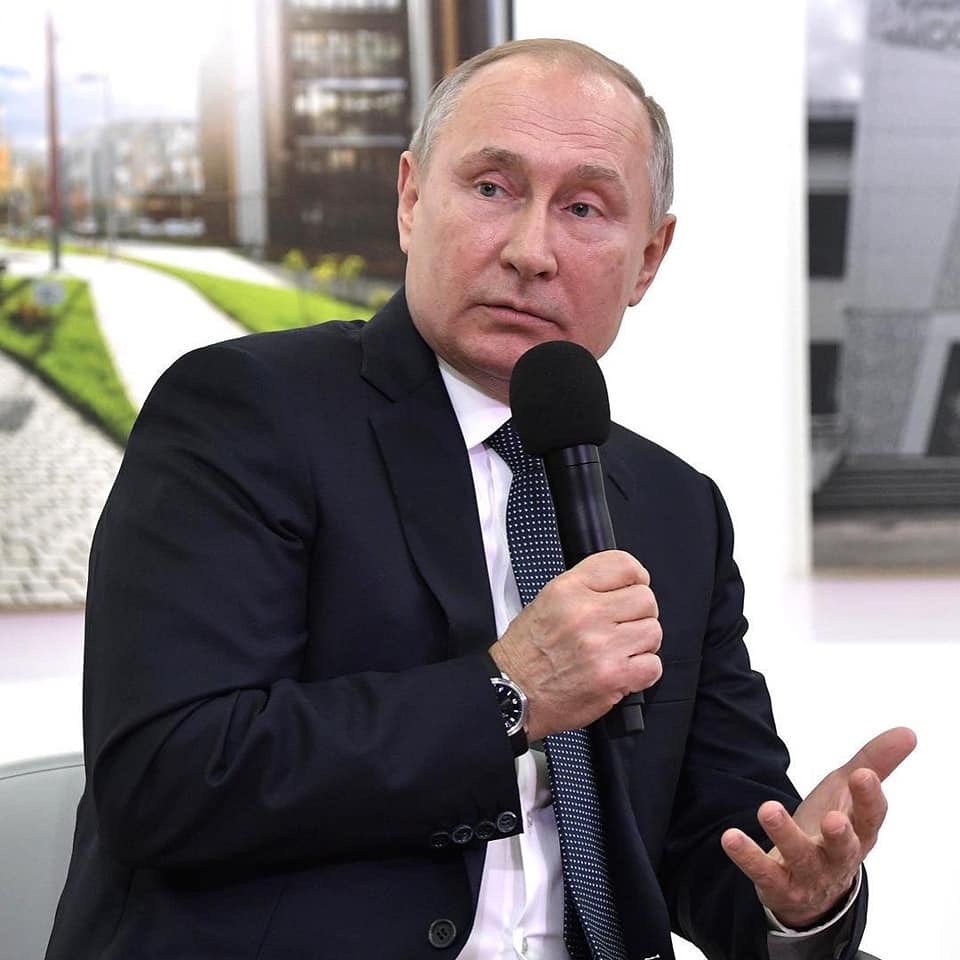Vladimir Putin’s “partial mobilisation” of 300,000 citizens to fight his stalled invasion of Ukraine will be watched with much interest by many observers, including the Singapore government. The Russian leader is asking for this number to reinforce about 170,000 soldiers on both sides of Ukraine’s borders. Having to call up this many – double the number committed so far – is a clear sign that he is desperate to prevent an embarrassing defeat, as Kyiv fights back and seeks to expel the Russians from Ukrainian territory.
Putin’s desperate draft for an unpopular war is not that easy to explain to the Russian people.
So far, the Feb 24 invasion has been sold to them as a limited special military operation, supposed to have been over quickly, with a puppet regime set up in Kyiv as an adjunct of a re-expanded Russian empire. Seven months on, the Ukrainian government is still in power and fighting back. Russian casualties are said to be in the 70,000-80,000. Hence the need for more troops.
As an article in The Atlantic put it:
“Putin has been telling the Russian people that there is no war, just a special military operation; that Russia has suffered no losses, just some temporary setbacks. Given that the army is victorious and everything is fine, most people need not alter their lives in any way. Now events have forced him to change his language, but it seems there are limits. Thus he speaks not of a true mass mobilisation—which would involve conscripting young men in enormous numbers—but of partial mobilisation: no students, no general call-up, just the activation of reservists with past military experience. Supposedly Russia has 300,000 such people, though it’s not clear how many of them are actually fit to fight or whether there are enough weapons and gear for them either. Presumably, if better equipment were available, it would already be on the battlefield.”
Russian political analyst Dmitry Oreshkin told the Associated Press that Putin’s announcement smacked of “an act of desperation.” He predicted that Russians will resist the mobilisation through “passive sabotage”.
Oreshkin said the call-up will be a shock to Russian citizens, who until recently (took part in the hostilities) with pleasure, sitting on their couches, (watching) TV. And now the war has come into their home.”
Flights out of Russia to neighbouring countries, mainly former Soviet republics that allow Russians visa-free entry, are nearly entirely booked and prices have skyrocketed, pointing to an exodus of Russians wanting to avoid going to war.
“I don’t want to go to the war,” a man named Dmitri, who had flown to Armenia with just one small bag, told AFP. “I don’t want to die in this senseless war. This is a fratricidal war.”
Times have really changed.
We are talking about a country which is no stranger to war and which has heroically repelled Adolf Hitler during World War II. The Russians fought off the Germans in the streets of Leningrad (present-day St Petersburg) during a brutal and gritty 900-day siege in 1941 to 1944. And their current leader is asking them to go to war with people who had been their brothers and sisters at one time.
Nobody wants to fight for the wrong cause or for the wrong war. Some 100,000 young Americans went abroad in the late 1960s and early ’70s to avoid serving in the Vietnam War.
Here, in Singapore, young male Singaporeans must believe – without any doubt – that they will be defending or going to war for a country which never takes them for granted or puts their interests below those of anyone else, particularly foreigners.
Tan Bah Bah, consulting editor of TheIndependent.Sg, is a former senior leader writer with The Straits Times. He was also managing editor of a magazine publishing company.

